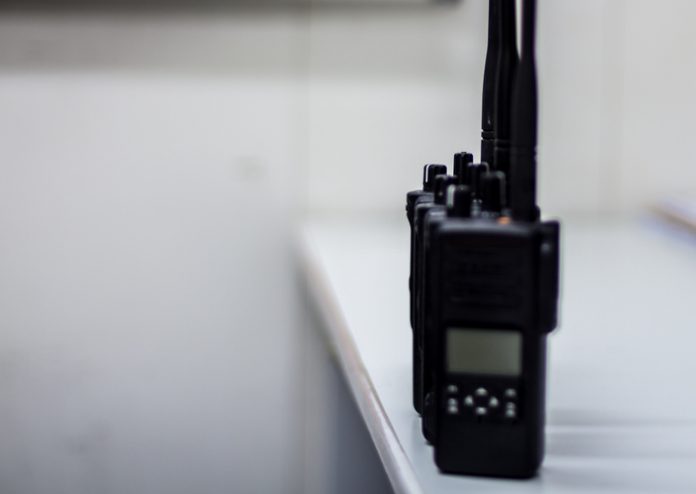
Hotels today are implementing technology in every aspect of their operations from ordering room service on an Apple TV to mobile check-ins, and the housekeeping department should be no exception, especially when the efficiency and care of housekeepers directly impacts guest satisfaction and, in turn, a hotel’s bottom line.
The housekeeping department is the backbone of every hotel, ensuring rooms meet guest expectations, amenities are in order, and requests are taken care of. As the biggest department with the most staff, they hold the keys to keeping guests happy and turning over rooms for newcomers—the two biggest factors when it comes to a hotel’s profitability.
Communication Is Key
Even in today’s digital age, communication within hotel departments can remain behind the times, especially for housekeeping staff. Room assignments are given out on paper in the beginning of the day and aren’t updated throughout the day based on guest check-outs, do-not-disturb signs, or overall progress. Housekeeping staff also can’t easily communicate when they need extra supplies or encounter a maintenance issue, so they spend time calling others and backtracking for supplies. Their managers can’t track progress in real time.
Seamless communication technology can help. For instance, staff with wearable technology like a smart watch or even just an app on their mobile phone can easily track their progress, allowing managers to see in real time which rooms are clean and ready for new guests. To help overcome any language barriers, technology that enables housekeepers to take and send pictures will be crucial for immediately and clearly communicating issues like damaged items or if a guest left something in the room.
Prioritizing Room Assignments
Without integrated technology, housekeeping staff make their way through assigned rooms from one end to the other. However, with technology, department managers can receive push notifications on check-in statuses, or new guests looking for room availability, and then immediately contact staff on the go and assign them new priority rooms to be handled immediately. Rather than needing to radio the entire department on walkie-talkie looking for someone available, they can alert the staff member closest to the room with a simple push notification.
For instance, a VIP arrives and asks for an early check-in. A housekeeping manager can see the VIP, check the room, and, if it hasn’t been cleaned, immediately assign a housekeeper to attend to the room. The housekeeper receives a simple push notification on the new priority, and marks the room “clean” when it is ready, triggering front-desk staff to send the guest up.
This seamless communication between staff keeps the situation low stress, ensures the room is cleaned quickly, and keeps the VIP guest happy with the immediate service.
Personalizing the Guest Experience
When housekeeping staff create more efficiency with communication and assignments, it frees up their time to deliver more exceptional guest experiences. With integrated technology, housekeeping staff on the go can access any special guest requests for the rooms they are preparing. This means they can see that a frequent guest always requests extra towels and stock the room rather than wait to be asked.
Another example is if a staff member sees the guests checking in are VIPs on their honeymoon, they can send a quick note to room service to have a complimentary champagne ice bucket set up in the room when they are finished cleaning.
At the end of the day, hotels will always rely on housekeeping staff to deliver hospitality by ensuring rooms are not only clean but welcoming for guests. Technology that helps them do this important job more efficiently frees up their time to go above and beyond, delivering exceptional, personalized service, and ultimately turning a one-time guest into a regular.











